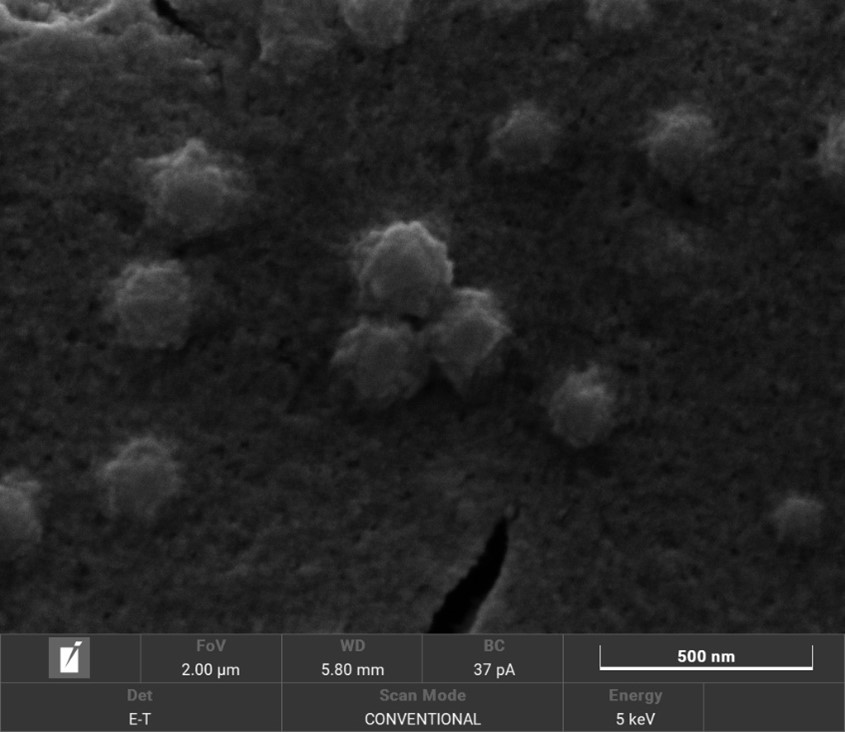Oral Delivery of Insulin via Nanocarriers
Research group: professor Alex Routh
The Problem
Diabetes patients rely on insulin injections to manage their conditions, which can be costly, inconvenient, and physically unpleasant.
Work Needed
We need to find an effective, affordable oral insulin delivery system that reduces these challenges for diabetes patients.
Our Work
We are exploring the possibility of developing an oral insulin delivery system using lignin-based nanoparticles to encapsulate insulin.
Background
Insulin is a hormone produced by the pancreas in response to elevated glucose levels in the bloodstream. It plays a key role in regulating carbohydrate and lipid metabolism by facilitating the transport of glucose from the blood into cells. Diabetes mellitus is a condition where the pancreas either fails to produce insulin or produces an insufficient amount. Without proper management, insulin deficiency can lead to tissue damage and life-threatening complications over time. Currently, diabetes patients rely on insulin injections, typically three to four times daily, which can significantly impact their quality of life, particularly for those who are trypanophobic (have a fear of needles).
Encapsulation is a chemical process in which substances (often active compounds like drugs) are enclosed within a material to form a capsule-like structure. This technique is used to protect the encapsulated substance from environmental conditions, control its release, target its delivery, and improve its stability.
Our Work
Our research focuses on developing an oral alternative to insulin injections. We are investigating the use of nanoparticles made from lignin, a biopolymer derived from trees, to encapsulate insulin. Currently, we are evaluating different nanoparticle synthesis methods to determine the most effective approach. Once this optimisation is complete, we will be able to move towards conducting in vitro and in vivo testing.

SEM image of Lignin nanoparticles in Ethanol-water system
Implications
Oral delivery of insulin would greatly benefit diabetes patients worldwide, both physically and financially. Currently, insulin injections and pens are costly, but if our research is successful, insulin use could become more convenient and significantly more affordable. Additionally, oral delivery could reduce the side effects associated with injections, improving patient compliance and overall health and safety.